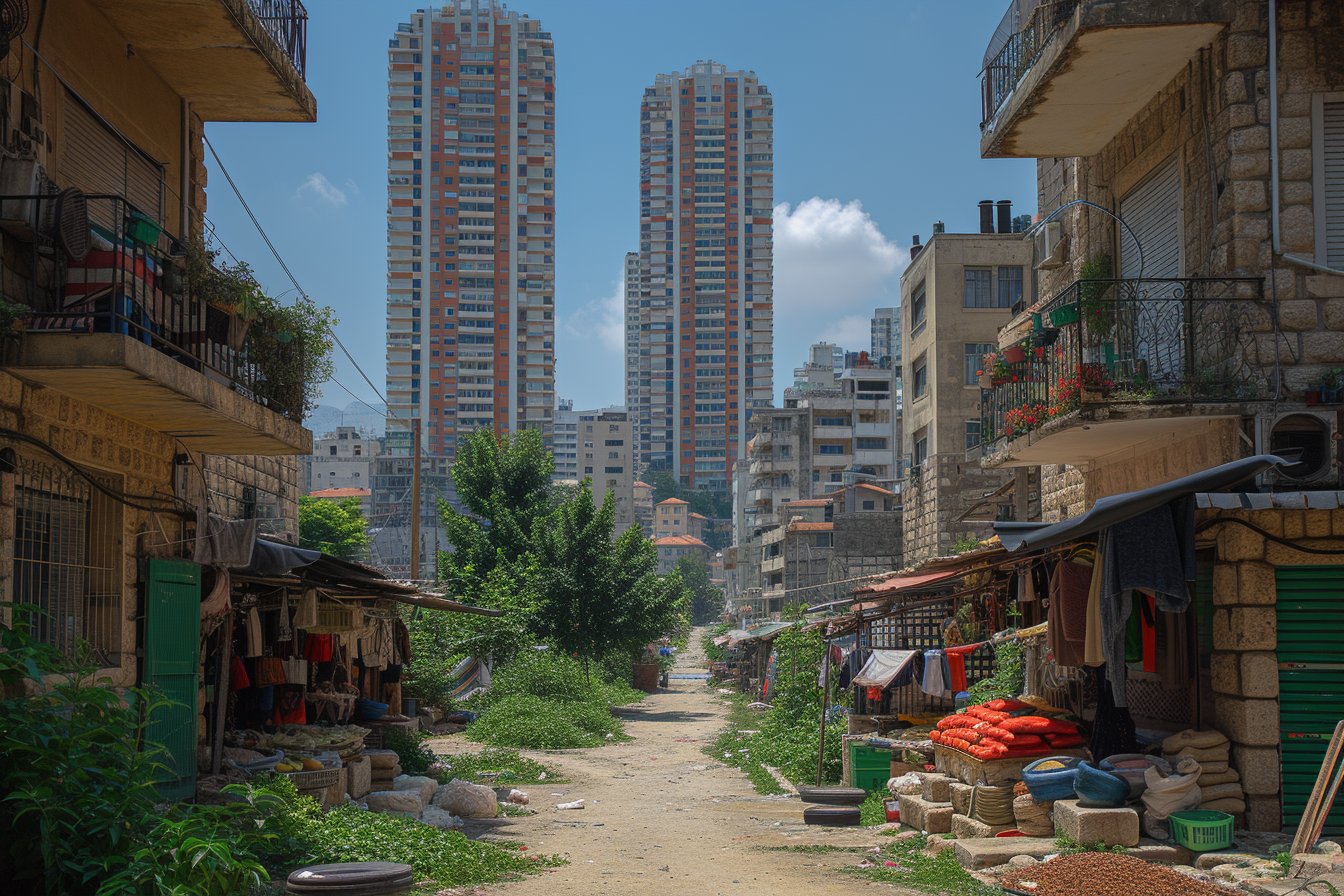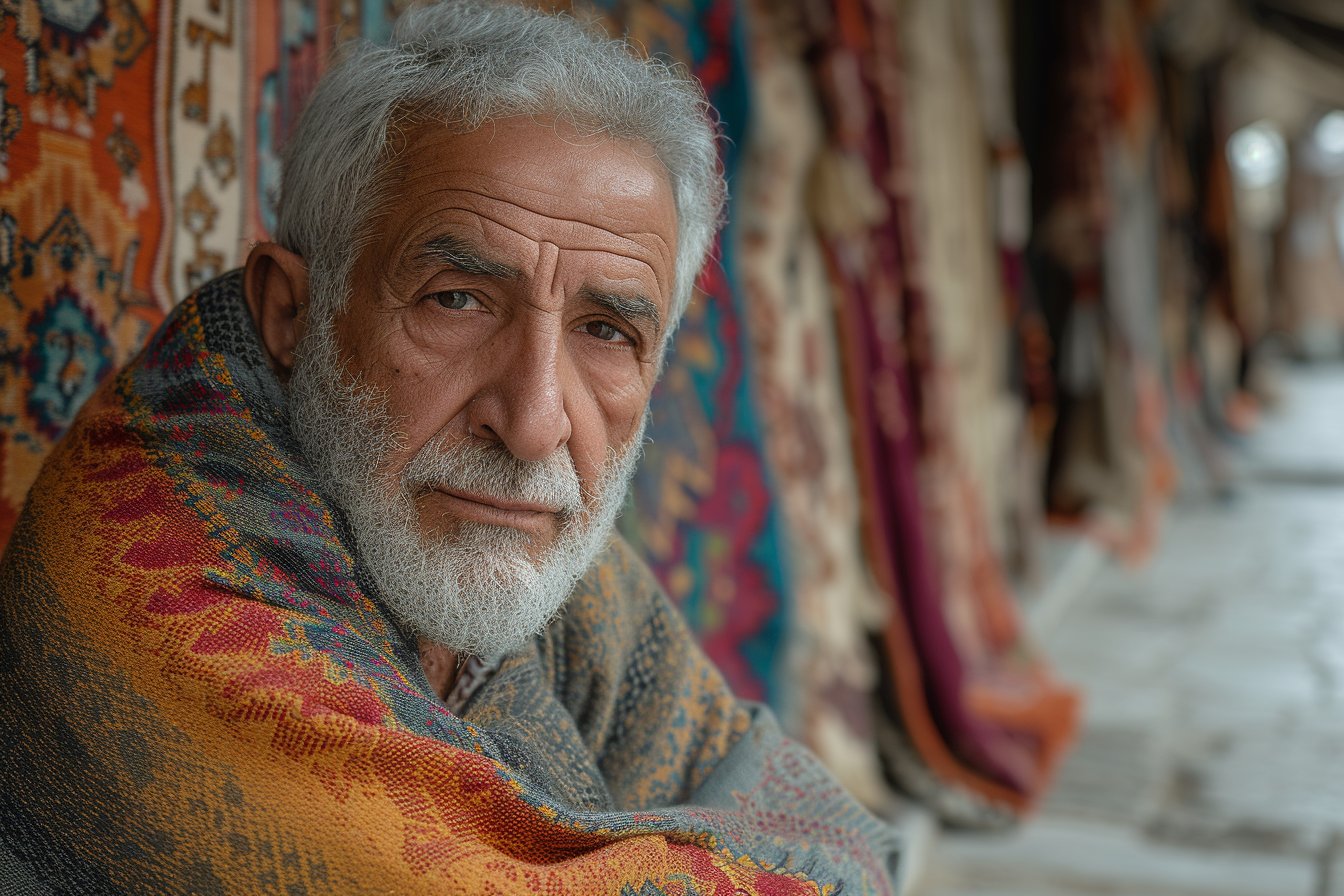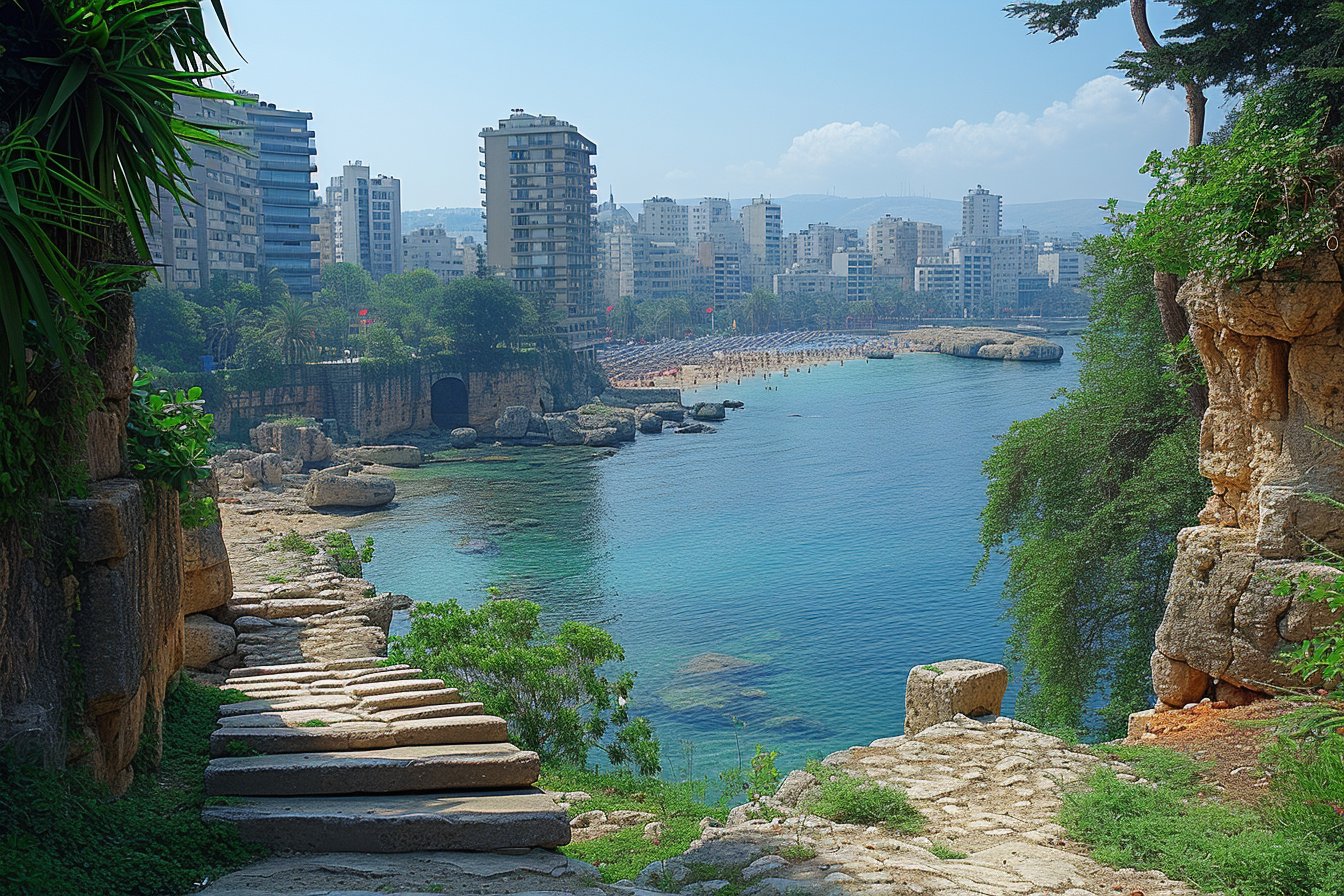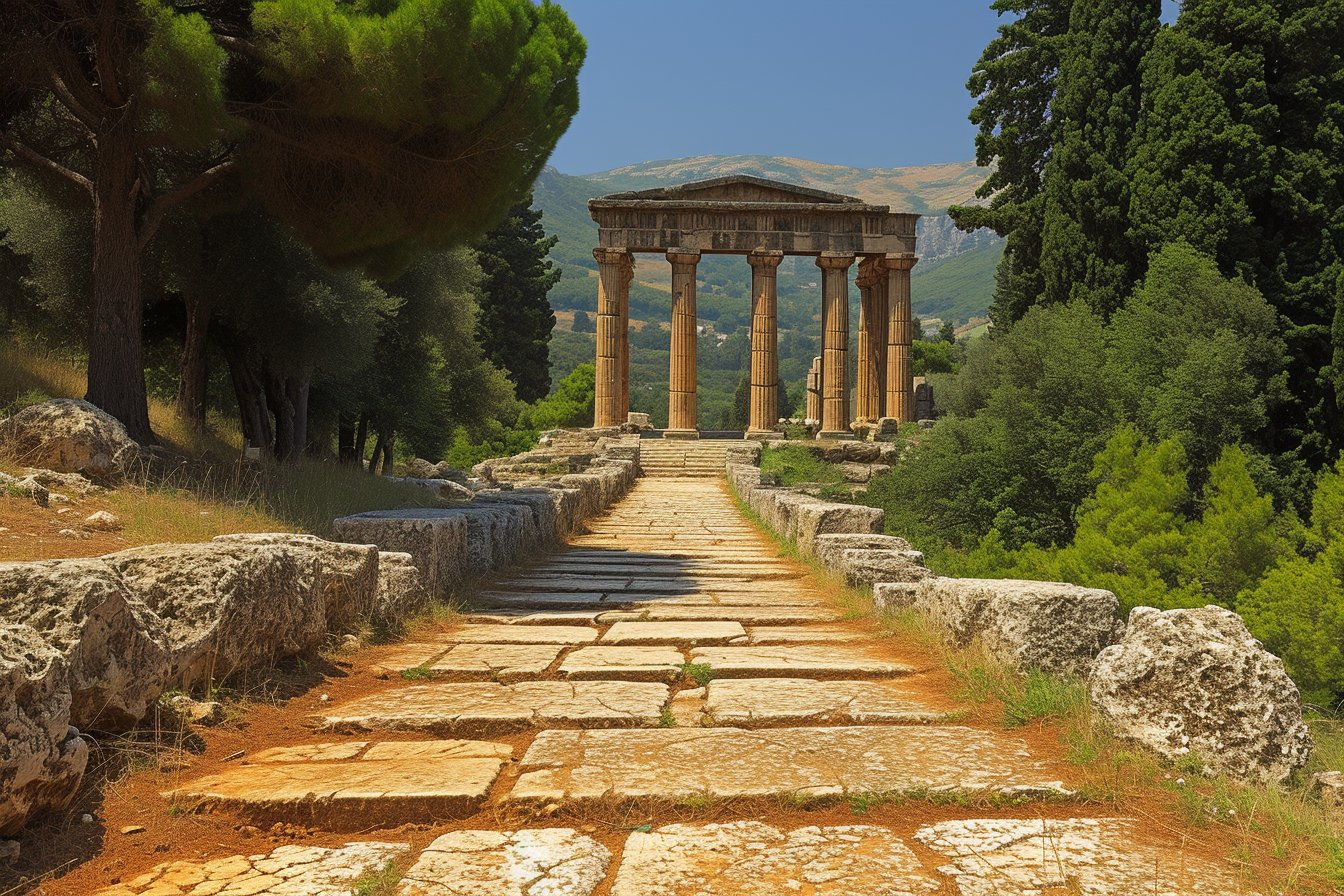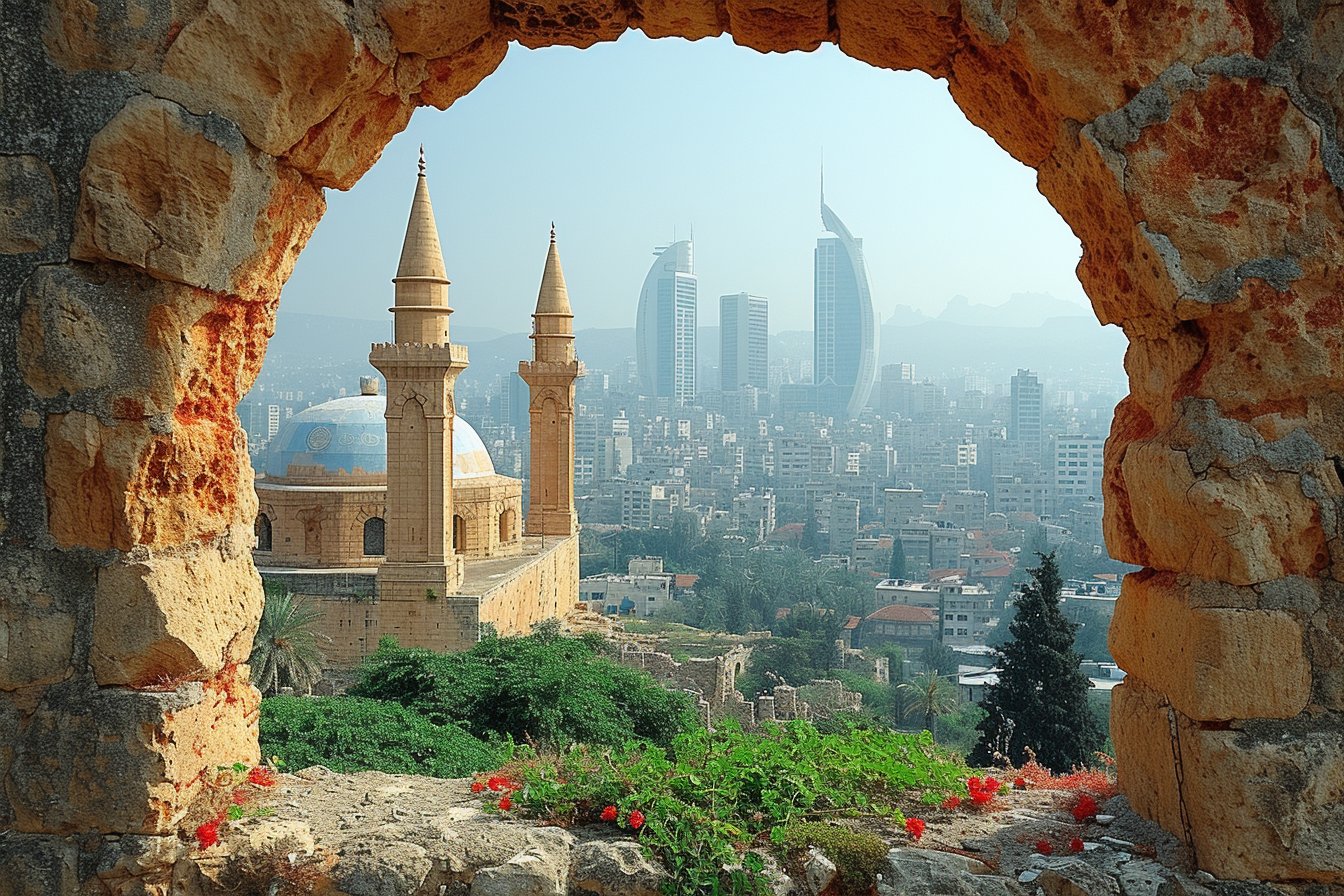Lebanon is a small yet stunning country located at the crossroads of Asia, Europe, and Africa. It may be known for its ancient history or recent political turmoil, but there’s more to Lebanon than meets the eye. From breathtaking landscapes to its remarkably diverse cuisine, this nation has something unique to offer every visitor.
The Majesty of Lebanon’s Landscapes
Despite its small size, Lebanon boasts an array of natural treasures that captivate both locals and tourists alike. The country’s varied topography offers opportunities to explore mountains, valleys, beaches, forests, and more.
Mountains and Valleys
The highest points in Lebanon are found in the Mount Lebanon range, which includes Qurnat as Sawda, standing at 3,088 meters above sea level. These majestic peaks provide picturesque views, excellent hiking trails, and even snow-capped mountaintops ideal for skiing. On the other hand, the fertile Bekaa Valley, nestled between the Mount Lebanon and Anti-Lebanon mountain ranges, offers a vivid display of Lebanon’s agricultural wealth.
Beaches and Coastline
With over 225 kilometers of Mediterranean coastline, Lebanese shores tempt visitors with golden sands and crystal-clear waters. Popular seaside destinations include Tyre, Byblos, and Batroun, where one can find a blend of relaxation and leisure activities such as water sports and beachside dining.
Limestone Caves: The Jeita Grotto
One of Lebanon’s most famous natural attractions, the Jeita Grotto consists of two interconnected limestone caves spanning across nearly 9 kilometers. A visit to these breathtaking caves is a subterranean adventure that showcases the beauty of Lebanon’s geological formations through a network of stunning stalactites, stalagmites, and other eye-catching structures.
Historical and Architectural Landmarks
Lebanon’s rich history spans thousands of years, leaving behind many significant archaeological findings and architectural marvels. With layers upon layers of historical influence from Phoenicians, Romans, Byzantines, Crusaders, and Ottomans alike, the country features countless landmarks and ancient ruins to explore.
The Roman Ruins of Baalbek
Baalbek, also known as Heliopolis or City of the Sun, is one of Lebanon’s most famous archaeological sites constrcuted during the Roman period. It houses some of the best-preserved and largest Roman temples, including the Temple of Jupiter, the Temple of Bacchus, and the Temple of Venus. These celebrated monuments are a testament to Lebanon’s importance in the ancient world.
Byblos: A UNESCO World Heritage Site
Recorded among the oldest continuously inhabited cities globally, Byblos holds a special place in Lebanese culture and history. Regarded as a birthplace for the modern alphabet and home to awe-inspiring Phoenician artifacts, a stroll through Byblos links a fascinating tapestry of multiple eras and civilizations.
A Melting Pot of Culinary Delights
Often hailed as the best cuisine in the Middle East, Lebanese gastronomy boasts a delicious and diverse range of dishes. Drawing influences from Ottoman, French, and Mediterranean culinary traditions, Lebanese food tempts both connoisseurs and food enthusiasts alike.
Mezze Culture
A cornerstone of Lebanese dining, mezze is an assortment of small plates that offers a variety of flavors and textures. These can include familiar dishes like hummus and baba ghanouj or lesser-known delicacies like kibbeh nayyeh (raw minced meat with spices) and shanklish (aged cheese balls).
Lebanese Grills and Sweets
Meat lovers can indulge in an array of grilled meats such as kafta, shish tawook, and lamb chops, while sweet-toothed visitors can savor classic desserts like baklava, knefe, and maamoul. Lebanon’s cuisine is sure to satisfy even the most discerning palate.
Social and Cultural Aspects of Lebanon
Beyond its landscapes and culinary scene, Lebanon has numerous captivating social and cultural facets that make it a truly unique country.
Linguistic Diversity
Lebanon boasts a high literacy rate, and it’s not uncommon for locals to be fluent in several languages. While Arabic remains the official language, English and French are also widely spoken, making it easy for tourists to connect and communicate during their visit.
The Lottery System: La Libanaise des Jeux (LLDJ)
The national lottery in Lebanon, “Loto Libanais,” was launched by La Libanaise des Jeux (LLDJ) in 2001. The game grew remarkably popular, reaching millions of people across the country to become one of Lebanon’s most recognized brands, even providing live drawings on television for everyone to watch. This lottery system captures the excitement and lively spirit of gambling enthusiasts in Lebanon.
Holiday Destination and Climate
Lebanon’s moderate Mediterranean climate makes it a favored holiday destination for people worldwide. With mild, wet winters and warm, dry summers, the country provides tourists with diverse activities ranging from ski resorts to pristine beaches throughout the year.
So the next time you’re planning an unforgettable holiday experience, don’t overlook Lebanon – a jewel of natural beauty, history, culture, and cuisine that genuinely needs to be seen to be believed.


